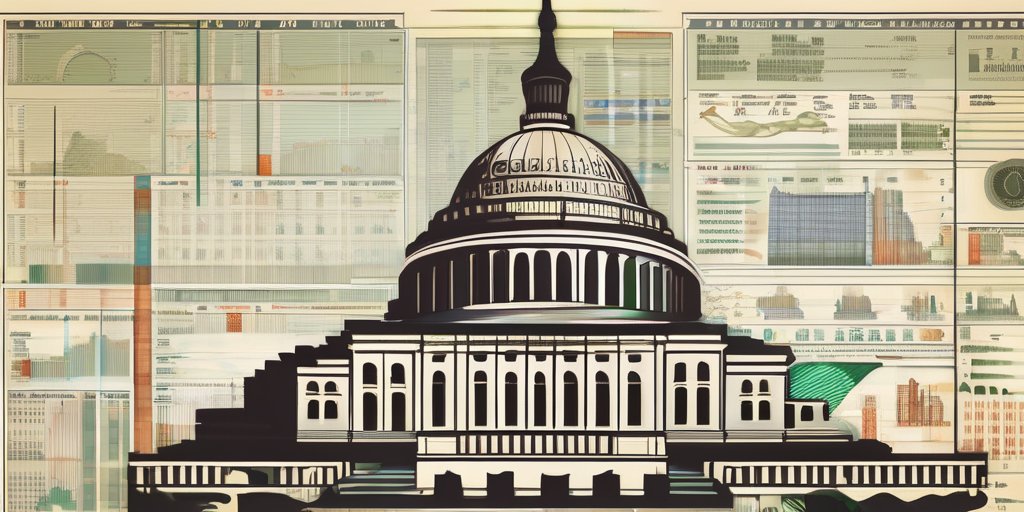The latest tax and spending bill, referred to as President Donald Trump’s “One Big Beautiful Bill Act,” is moving through Capitol Hill, affecting seniors, students, taxpayers, and low-income Americans. This sweeping legislation aims to extend Trump’s previous tax cuts while introducing new requirements and cuts to federal support programs that could lead millions to lose their benefits.
Senate Republicans secured a substantial win this week with Vice President JD Vance’s tie-breaking vote, getting closer to Trump’s timeline for passing the package by Independence Day. However, discrepancies exist between the Senate version and the House’s earlier pass in May, necessitating eventual reconciliation before it reaches Trump’s desk.
**Key Highlights of the Bill:**
– **Tax Cuts Extended:** The bill emphasizes the continuation of individual income tax cuts from the previous 2017 legislation, theoretically benefiting households with an average reduced tax bill of $2,900.
– **Medicaid Overhaul:** The proposed changes include stricter work requirements for specific demographics, which could potentially strip coverage from millions, especially impacting the Medicaid expansion enrollees.
– **Food Assistance Changes:** SNAP recipients face heightened work obligations, possibly leading to reduced benefits. States may also find new financial strains as they bear more administrative costs for this program.
– **Affordable Care Act Impact:** Enrollment hurdles are set to rise under the bill, with millions likely to lose Obamacare coverage due to increased verification and eliminated automatic re-enrollment.
– **Support for Education & Child Tax Credit:** A larger child tax credit is set to benefit families, along with caps placed on student borrowing for graduate programs, representing a drastic shift towards stricter educational financial policies.
While the bill offers various benefits, its critics, including prominent figures like Elon Musk, argue it disproportionately favors wealthier individuals and jeopardizes future growth industries by terminating beneficial tax credits for renewable energy. Furthermore, the plan is anticipated to add over $3 trillion to the national deficit over the next decade, raising concerns about the ever-burgeoning national debt and the resulting financial strain on Americans.
In conclusion, while Trump’s new legislation encompasses substantial tax extensions and benefits, it also brings significant policy changes that could reduce federal support for many Americans, amplifying the critique that it primarily aids the wealthy. This juxtaposition of tax cuts and spending cuts results in a complicated shift in the national economic landscape that could shape the lives of countless Americans.
